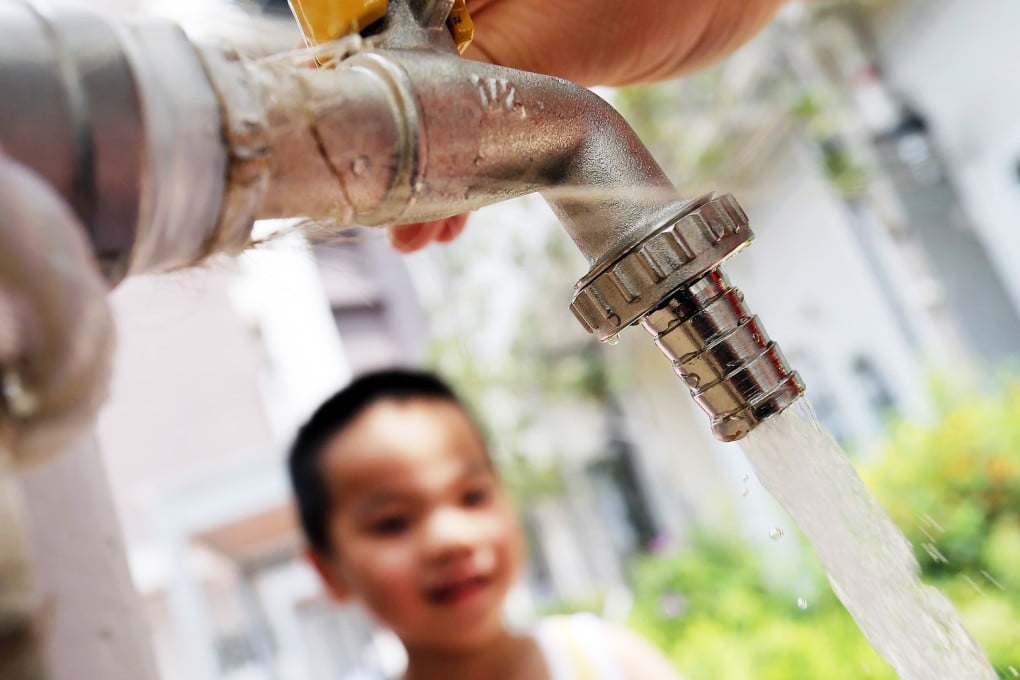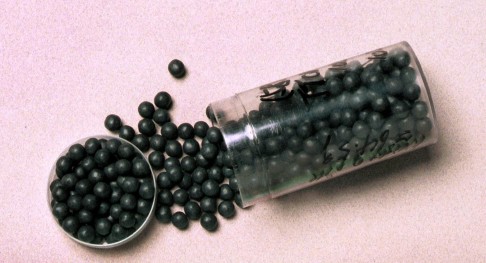Lead poisoning rare in Hong Kong, experts say, with most recent cases from Chinese medicine
Health experts insist that even though levels of lead in water samples taken at Hong Kong public housing estates exceed World Health Organisation guidelines, the risk of lead poisoning remains low.

Fears of lead poisoning sparked by a water contamination scare that has spread from more than 10 Hong Kong public housing estates to a hospital and several private developments has seen hundreds of residents rush to take blood tests this week.
Yet health experts insist that even though levels of lead in water samples taken at the estates exceeded World Health Organisation guidelines, the risk of lead poisoning remained low.
READ MORE: Hong Kong’s lead-in-drinking-water crisis - everything you need to know
Indeed, cases of lead poisoning are extremely rare in the city, with most not the result of drinking tainted water but from consuming Chinese herbal medicine contaminated with the metal, according to experts and local medical reports.
The poison treatment centre at United Christian Hospital, for example, has seen just two or three cases of lead poisoning in the past few decades. It reported an unusual case three years ago, in which a 41-year-old woman consumed the toxic substance by prolonged intake of ashes from burnt Chinese talismans, issued by a Taoist religious practitioner in mainland China, who claimed the “magical” practice could cure the patient’s “evil illness”.

The woman later presented with progressive weakness in her arms and legs and was diagnosed with lead neurotoxicity. She had consumed the ashes with water three times a day for about a month, according to a report issued by the centre at the time.
“All of the lead poisoning cases we have seen were not related to water contamination,” Dr Chan Yiu-cheung, a consultant at the centre, said yesterday. “Lead poisoning is not very common.”